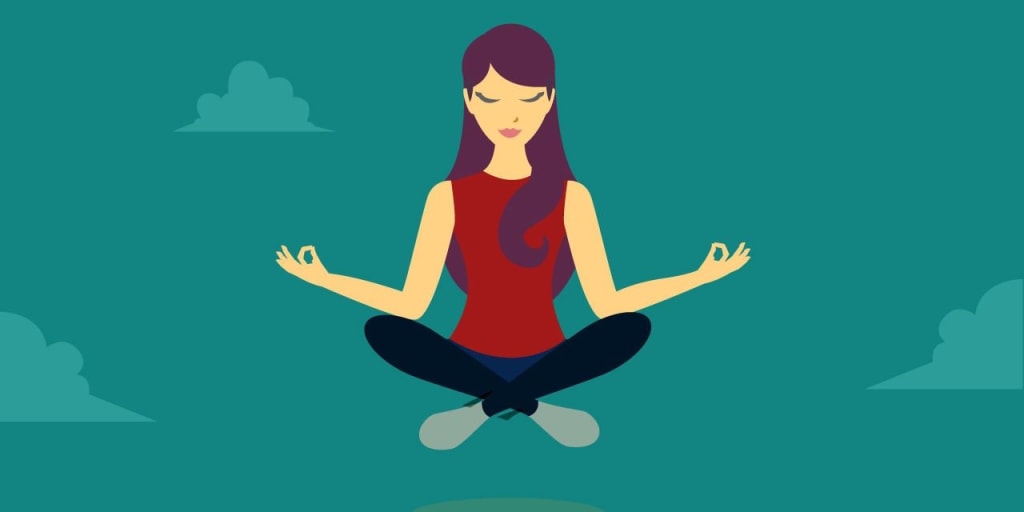What is Spiritual Health? A Comprehensive Overview
What is spiritual health?

Spiritual health is the overall sense of peace and well-being that comes from having a connection to something larger than oneself. It encompasses mental, physical, and emotional aspects of health and is closely related to understanding one’s purpose in life. People often find spiritual health when they become aware of the interconnectedness of life and culture, nature and the universe.

Spirituality is a deeply personal concept and each individual will have a unique approach to understanding it. People may define spiritual health in different ways depending on their personal beliefs, backgrounds, and experiences. For some, it may include participation in a religious faith, while others may find spiritual health through meditating, connecting with nature, or engaging in other practices that bring a sense of inner peace.
In addition to increasing one’s sense of purpose and clarity, focusing on spiritual health can also help an individual cope with stress. It can provide an outlet for releasing negative energy and emotions and replacing them with more positive feelings. Studies have shown that having a spiritual practice can lead to an improved sense of wellbeing and even a longer life expectancy.
Attaining spiritual health also involves practices like self-care and spending time in nature. Self-care can include activities like yoga or meditation, listening to music, or engaging in self-reflection and journaling. Getting outside and appreciating the beauty of the natural world can be a powerful reminder of interconnectedness, allowing a person to feel a sense of connection with something larger than themselves.
The holistic approach of maintaining spiritual health involves treating the body and the mind as one entity. When seeking spiritual health, one should focus on taking care of their physical, mental, and emotional needs simultaneously. In the end, finding spiritual health comes down to discovering an inner sense of peace and purpose that can be cultivated and strengthened through regular practice.
inner stillness of a self
When we think of inner stillness of the self, it may be difficult to imagine something tangible. After all, one’s inner thoughts and feelings can sometimes be chaotic and hard to pin down. However, inner stillness is quite possible to achieve, even during times of intense emotional upheaval. This state of tranquility is best achieved by understanding and tuning in to one’s own feelings, by learning to recognize underlying tensions, and by practicing mindful stillness.

One way of achieving inner stillness is by addressing one’s negative thoughts and feelings. Our emotions are often difficult to stop or control, but attempting to manage them and understand them can help to bring about an inner stillness. Firstly, it’s important to distinguish between the positive and negative thoughts and feelings, and to recognize which could be impeding inner stillness. Acknowledging the thoughts can help to process them, allowing for a more composed mindset. Addressing these issues — whether through self-reflection, talk therapy, or otherwise — can help to calm one’s inner state of mind.
Apart from understanding the origin of a chaotic emotional state, another important part of developing inner stillness is learning to recognize tension in the body. Allowing yourself to relax your muscles and practice mindful breathing, particularly during times of distress, can be a helpful way of calming the mind and body. Engaging in relaxation techniques such as yoga, deep breathing, and mindfulness can help to bring about a meditative state and can ultimately lead to inner stillness. Sometimes even deep relaxation isn’t enough, though, so it’s important to pay attention to the physical sensations in the body and recognize how they’re related to your emotions.
Overall, when it comes to achieving inner stillness, it’s important to take care of both your mental and physical health. Developing healthy coping mechanisms and attending to overwhelming emotions can help to bring about a feeling of composure and peace. Immersing oneself in mindfulness practices to disengage from chaotic thoughts can be a positive form of self-care that can ultimately lead to greater inner stillness.
About the Creator
MDABDUL HANNAN
Online Business | Search Engine Optimization | Amazon Affiliate Marketing






Comments
There are no comments for this story
Be the first to respond and start the conversation.